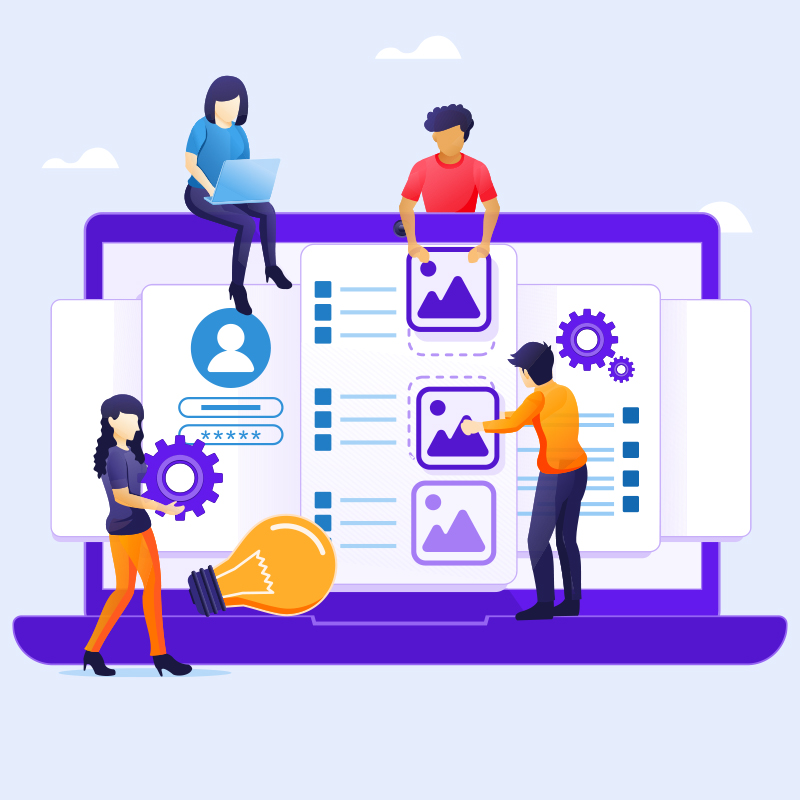Project-Based Learning for 21st Century Learners
Looking to upskill your students with Project-based learning?

As per the National Education Policy (NEP) 2020, the need of the hour is to create an enabling framework that helps in doing away with rote-learning and facilitates deployment of an inquiry-based, project-based education ecosystem that not only enhances the learning outcomes but also helps in rendering an overall development of students.
Project-Based Learning (PBL) is an instructional approach designed to give students the opportunity to apply their knowledge and skills to design solutions for real-world problems through engaging projects. Students investigate the given problem using the inquiry process, brainstorm ideas, explore the ideas and challenge them through collaborative activities, design & develop a prototype that addresses the problem, present their prototype to teachers and peers for feedback, and refine the prototype based on feedback received.
PBL is a good method which makes learning interesting for students; it encourages them to participate, think through a question, come up with practical solutions actively in the project form, and deliver it. It builds essential 21st century skills in students which include critical thinking, collaboration, creativity, and communication.
Here are some sample project ideas that teachers can incorporate in the school curriculum:
App Design
Students can be assigned an app design project to code and design a travel planner application that allows browsing through a locality, displaying nearby attractions, route planning, necessary locations, and food joints.
Game Design
Students can be given a game design project to code and design a Time Machine game – the concept of time travel by using a vehicle or a device to travel purposely and selectively forward or backward through time.
Web Design
Students can work on a web design project; they’ll need to code and design a website for a digitised replica of a physical museum offering virtual tours that allow users to stroll through the museum and study various items as if they are there in person.
Graphic Design
Students can be given a graphic design project to build a brand identity for a ‘No Dairy Ice Cream Shop’; they’ll need to put together brand name, slogan, brand voice, brand positioning, brand associations and brand personality to build an effective brand identity.
3D Design
Students can work on a 3D design project to create a 3D illustration for visualising the world in 2050; it can depict how we have reorganized our society to adapt to live under new climatic circumstances and use green energy to power the world in 2050.
MindBox is a creative & tech education program that incorporates skill-based learning and research-based multidisciplinary curriculum. The teaching methodology is in line with NEP 2020 that deploys design thinking & coding curriculum and project-based learning to develop a solution mindset among students in a fun & engaging environment. With 50+ partner schools across India, it empowers students with digital skills through its School Programs.
MindBox ICT 2.0 Program - the next generation of ICT curriculum - is based on the guidelines of Curricula for ICT in Education. It aims to equip both - students & teachers with tech skills through train-the-teacher program, integrated design and advanced tech curriculum, STEAM – project-based learning methodology, skill development framework, grade-wise reference textbook, periodic assessments, gamification and LMS for students and teachers for synchronous & asynchronous learning. By empowering students with tech skills at an early age, the program helps to prepare them for future job roles like AI & ML Specialists, Software & Applications Developers, Graphic Designers, Animators, Robotics Engineers, Data Analysts, and IOT Specialists.
How are you planning to incorporate Project-based Learning in your classroom?
Powered by Froala Editor